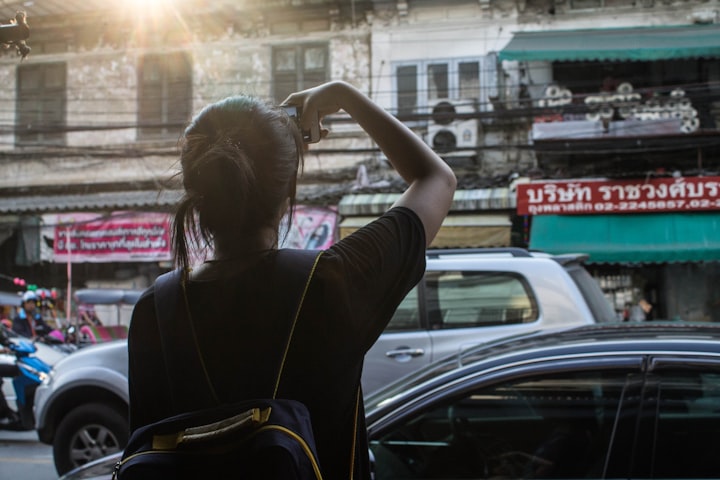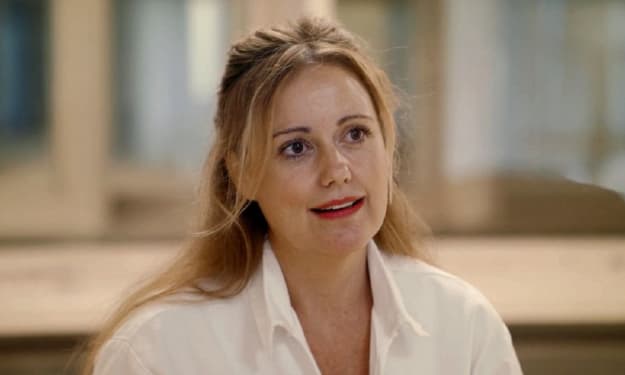
Mazoltuv Borukhova and Mikhail Mallayev in Queens Supreme Court
Mazoltuv Borukhova and Mikhail Mallayev in Queens Supreme Court, where they were tried for the murder of Borukhova’s husband, Daniel Malakov.Photograph by James Messerschmidt / Polaris
Save this story
1
At around three in the afternoon on March 3, 2009, in the fifth week of the trial of Mazoltuv Borukhova—a thirty-five-year-old physician accused of murdering her husband—the judge turned to Borukhova’s attorney, Stephen Scaring, and asked a pro-forma question. “Do you have anything else, Mr. Scaring?” The trial was winding down. Two defense witnesses had just testified to Borukhova’s good character, and Scaring was expected to rest his case with their modest, believable testimony. Scaring replied, without any special emphasis, “Yes, Your Honor. I think Dr. Borukhova will testify in her own defense.”
There was no immediate reaction in the half-filled courtroom on the third floor of Queens Supreme Court, in Kew Gardens. Only after Borukhova had walked to the witness stand and taken the oath did the shock of Scaring’s announcement register. The mouth of one of the spectators—that of the victim’s younger brother—fell open, as if to mime the astonishment that ran through the room.
Borukhova had sat at the defense table throughout the trial and during the hearings that preceded it, writing on legal pads and occasionally looking up to whisper something in Scaring’s ear or to exchange a charged glance with her mother and two sisters, who always sat in the second row of spectator seats. She was a small, thin woman of arresting appearance. Her features were delicate and her skin had a gray pallor. At the hearings, she was dressed in a mannish black jacket and a floor-length black skirt, and she wore her long, dark, tightly curled hair hanging down her back, bound by a red cord. She looked rather like a nineteenth-century woman-student revolutionary. For the trial proper (perhaps on advice), she changed her appearance. She put her hair up and wore light-colored jackets and patterned long skirts. She looked pretty and charming, if undernourished. When she took the stand, she was wearing a white jacket.
Scaring, a tall, slender man of sixty-eight, is a criminal-defense attorney of renown on Long Island. He has a reputation for taking cases that seem unwinnable—and winning them. But the Borukhova case had special difficulty. For one thing, Borukhova was not the only defendant; she was being tried together with Mikhail Mallayev, the man accused of killing her husband for her. Scaring wasn’t defending him, however; a younger lawyer named Michael Siff was Mallayev’s court-appointed counsel, and Siff did not have Scaring’s capacity for performing impossible feats. Mallayev was likely to be convicted—there was strong forensic and eyewitness evidence against him—in which case Borukhova would have to be convicted, too, because of an unbreakable link to him: cell-phone records had established that in the three weeks preceding the murder there were ninety-one calls between her and Mallayev.
Another obstacle in the way of Scaring’s game attempt to rescue Borukhova from life in prison was the lead prosecutor, Brad Leventhal, who does not have Scaring’s experience—he is twenty years younger—but is an exceptionally formidable trial lawyer. He is a short, plump man with a mustache, who walks with the darting movements of a bantam cock and has a remarkably high voice, almost like a woman’s, which at moments of excitement rises to the falsetto of a phonograph record played at the wrong speed. He uses his hands when he speaks, sometimes rubbing them in anticipation, sometimes throwing them up in gestures of helpless agitation. In his winter outerwear—a black calf-length coat and a black fedora—he could be taken for a Parisian businessman or a Bulgarian psychiatrist. In the courtroom, in his gray suit with an American-flag pin in the lapel, and with his Queens-inflected speech, he plays the role of Assistant District Attorney for Queens (he is also the borough’s chief of homicide) to the hilt. The second chair at the prosecution’s table was filled by Donna Aldea, an attractive young Assistant D.A. with an incandescent smile and a steely mind, who comes from the appellate division. Leventhal relied on her for producing unanswerable arguments on points of law.





Comments
There are no comments for this story
Be the first to respond and start the conversation.